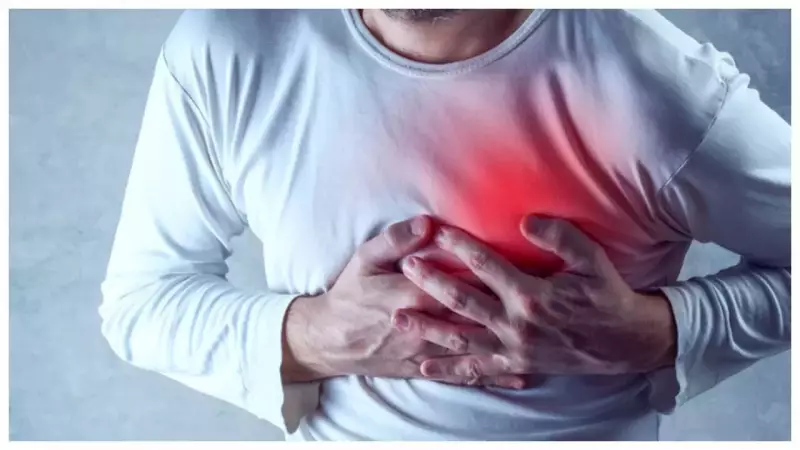
Imagine having a heart attack and not even knowing it happened. This isn't a scene from a medical drama but a frightening reality for many Indians. Silent heart attacks, as the name suggests, strike without the classic chest-clutching pain we see in movies, making them particularly dangerous.
What Exactly is a Silent Heart Attack?
A silent heart attack occurs when blood flow to part of the heart is blocked, but the symptoms are so mild or unusual that they're easily dismissed. Unlike dramatic Hollywood portrayals, these attacks often masquerade as common ailments, leaving many victims completely unaware of the damage occurring to their heart muscle.
4 Warning Signs You Should Never Ignore
1. Unexplained Fatigue and Breathlessness
If you find yourself getting unusually winded after climbing stairs or feeling persistently tired despite adequate rest, your heart might be sending distress signals. This occurs because your heart isn't pumping blood efficiently, depriving your body of oxygen.
2. Discomfort in Unusual Areas
Watch out for pain or pressure in your jaw, back, arms (especially the left), or even your stomach. Many people mistake these for dental issues, muscle strain, or indigestion, never suspecting their heart might be the real culprit.
3. Nausea, Cold Sweats, and Dizziness
These flu-like symptoms often get brushed off, but when combined with other signs, they can indicate your heart is struggling. Women, in particular, are more likely to experience these atypical symptoms.
4. Persistent Heartburn or Indigestion
That burning sensation in your chest might not be last night's spicy curry but something far more serious. If antacids don't provide relief, it's time to consider cardiac causes.
Who's Most at Risk?
Silent heart attacks don't discriminate, but they're particularly common among diabetics, whose nerve damage can blunt pain perception. Older adults, people with high blood pressure, high cholesterol, and those with a family history of heart disease also face higher risks.
Why Early Detection Matters
The damage from a silent heart attack is very real. Scar tissue forms on the heart muscle, weakening it and increasing your risk of future, more severe heart attacks and heart failure. The good news? Modern diagnostic tools like ECGs and blood tests can detect evidence of past silent attacks.
Protecting Your Heart: Prevention is Better Than Cure
Regular health check-ups, maintaining a healthy weight, controlling blood pressure and sugar levels, quitting smoking, and managing stress through yoga or meditation can significantly reduce your risk. Remember, your heart's whispers today could prevent its screams tomorrow.
Bottom line: Don't ignore subtle symptoms. If something feels "off" with your body, consult a cardiologist. That unusual discomfort might be your heart's way of crying for help.






